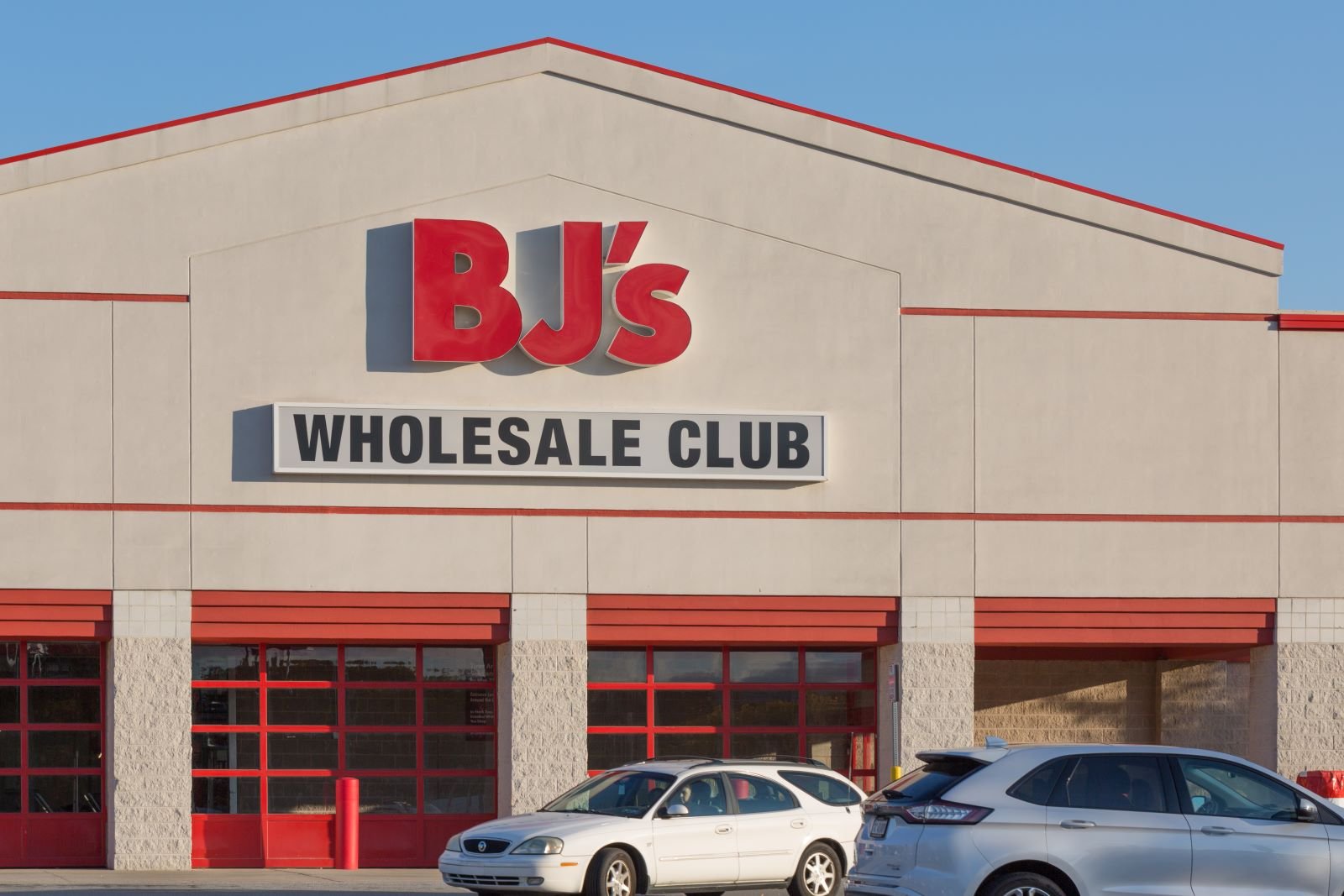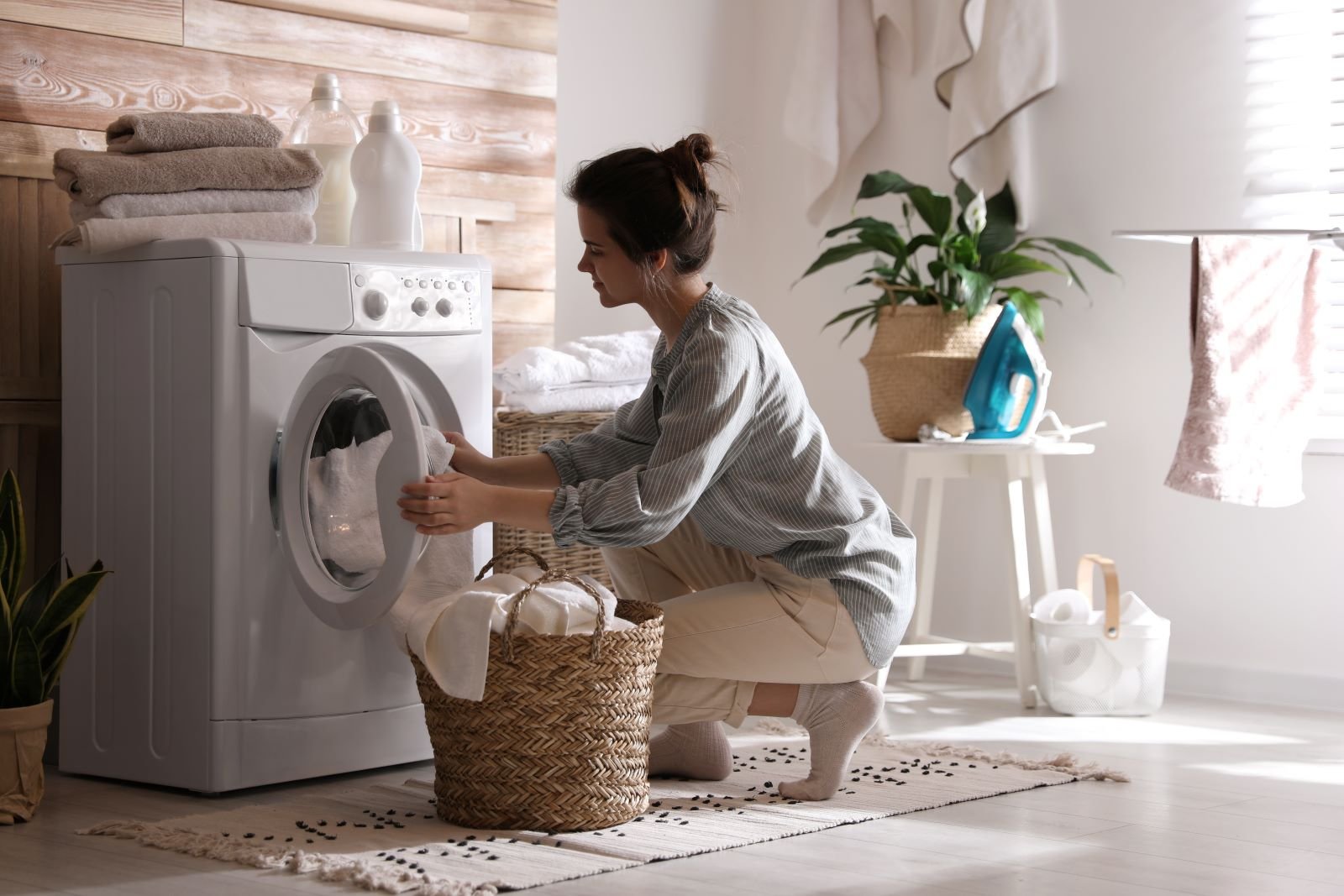Millennials, often referred to as the generation that “killed” various industries, are reshaping the economy with their unique spending habits. Unlike their predecessors, millennials prioritize experiences, sustainability, and practicality over traditional consumerism. This shift in preferences has led to the decline of numerous products and services that were once considered staples. Let’s delve into things that are disappearing because millennials refuse to pay for them.
Formal Dress Codes

The traditional suit and tie are losing their stronghold as workplace attire norms shift. Millennials are driving this change, opting for business casual and even more relaxed clothing. This move towards comfort and practicality has significantly impacted formal wear sales, pushing retailers to adapt to the new demand for stylish yet casual options.
Casual Dining Chains

Chains like Applebee’s and TGI Fridays struggle as millennials prefer local eateries or food delivery services. This generation values unique, healthier dining experiences and is less inclined to spend on chain restaurants that offer standardized menus. The rise of apps like Uber Eats has further contributed to this decline by making it easier to enjoy restaurant-quality meals at home.
Large Homes

High student debt and the rising cost of living have made large homes less accessible to millennials. They increasingly rent or buy smaller homes, often in urban areas, and embrace minimalism. This shift has led to a slowdown in the market for large suburban homes, as millennials prioritize convenience and sustainability over space.
Diamonds

Millennials are less inclined to buy traditional diamonds, opting for alternatives like lab-grown stones or unique gemstones. Ethical concerns about diamond mining and the high cost are significant factors. As a result, the diamond industry is seeing a noticeable decline, with younger consumers favoring more affordable and ethically sourced options.
Beer

Mass-produced beer brands are losing ground to craft beers, wines, and spirits. Millennials are drawn to the artisanal quality and local sourcing of craft beers. Additionally, health-conscious millennials are drinking less overall, contributing to a decline in beer consumption. This trend is forcing big beer companies to innovate and try to recapture the millennial market.
Department Stores

The convenience of online shopping has rendered traditional department stores less relevant. Millennials prefer shopping from the comfort of their homes, where they can easily compare prices and read reviews. This shift has led to many department stores closing their doors and being unable to compete with the ease and efficiency of e-commerce platforms like Amazon.
Motorcycles

Safety concerns, environmental awareness, and high costs are deterring millennials from buying motorcycles. In 2019, Harley Davidson shares fell 32 percent over the past year and the decline is seen most significantly among millennials. Millennials are choosing lighter, easier modes of transportation, such as bicycles and electric scooters, contributing to a decline in motorcycle sales.
Movie Theaters

High ticket prices and the convenience of streaming services have led to a decline in movie theater attendance among millennials. They prefer the comfort and affordability of watching movies at home. The pandemic accelerated this trend, making streaming the primary mode of entertainment and further challenging the viability of traditional movie theaters.
Gym Memberships

Millennials value fitness but prefer alternatives to traditional gym memberships, such as home workouts, outdoor activities, and fitness apps. The cost of gym memberships and the availability of free or low-cost online workout programs are significant factors. This trend has led to a decline in gym memberships, prompting gyms to offer more flexible options.
Napkins

Practicality and cost-effectiveness drive millennials to choose paper towels over napkins. This shift reflects a broader trend towards multifunctional products. The traditional napkin industry is seeing a decline, with paper towels becoming the go-to for many households. This change highlights millennials’ preference for versatility and reduced waste.
Bar Soap

Bar soap is being replaced by liquid soap and body wash among millennials, who find it more convenient and hygienic. Concerns about germs and the practicality of pump dispensers drive this trend. The decline in bar soap sales is pushing manufacturers to innovate and offer more modern hygiene solutions that appeal to younger consumers.
Postcards and Souvenirs

Digital communication has made traditional postcards and souvenirs obsolete. Millennials prefer sharing their travel experiences instantly through social media, which is more environmentally friendly. This shift has led to a decline in the sales of traditional travel mementos, with younger travelers opting for digital keepsakes.
Large Turkeys for Thanksgiving

Millennials are downsizing their Thanksgiving meals, opting for smaller turkeys or alternative dishes. Practicality and a move away from traditional, extravagant feasts drive this trend. The market for large turkeys is shrinking as younger generations seek more manageable and less wasteful holiday meals.
Golf

Seen as expensive and time-consuming, golf is losing its appeal among millennials. They prefer more accessible and affordable recreational activities. The golf industry is facing a decline as younger consumers opt for activities that better fit their lifestyles and budgets, prompting a reevaluation of how to attract new players.
Designer Handbags

Luxury handbags are less popular as millennials prioritize functionality and affordability. They are likelier to invest in versatile, durable bags than high-end designer items. This shift in consumer preferences is driving down sales of luxury handbags, reshaping the fashion industry.
Fabric Softener

Environmental concerns and a lack of understanding of fabric softener’s benefits lead millennials to avoid it. Sales of liquid fabric softeners have declined significantly. Younger consumers prefer more eco-friendly and practical laundry solutions, prompting manufacturers to develop sustainable cleaning products.
Alarm Clocks

With smartphones serving multiple functions, standalone alarm clocks have become redundant. Millennials use their phones for alarms, reducing the demand for traditional clocks. The decline in alarm clock sales reflects the shift towards multifunctional devices that offer greater convenience.
Calculators

The multifunctionality of smartphones has rendered standalone calculators unnecessary. Millennials use apps and phone features for calculations, reducing the need for separate devices. The decline in calculator sales is a result of this technological shift, highlighting the preference for integrated solutions.
GPS Devices

Built-in GPS on smartphones has made standalone navigation devices redundant. Millennials prefer the convenience of having all their navigation tools on one device. The decline in GPS device sales reflects this preference for integrated technology, pushing manufacturers to innovate and adapt.
E-readers and Digital Cameras

Smartphones with high-quality cameras and e-reader apps have reduced the need for separate devices. Millennials prefer the convenience of using one device for multiple functions. The decline in sales of e-readers and digital cameras is a result of this trend, emphasizing the value placed on multifunctional gadgets.
Bubble Bath

Practical millennials opt for a body wash that can double as a bubble bath, reducing the need for separate products. This preference for multifunctional and convenient products is reshaping the personal care industry, pushing companies to innovate and meet the demands of younger consumers.
Doorbells

The rise of text messaging and delivery notifications has made doorbells less necessary. Millennials prefer the convenience and security of digital communication over traditional doorbells. This shift is prompting changes in home design and security practices, reflecting broader technological integration.


